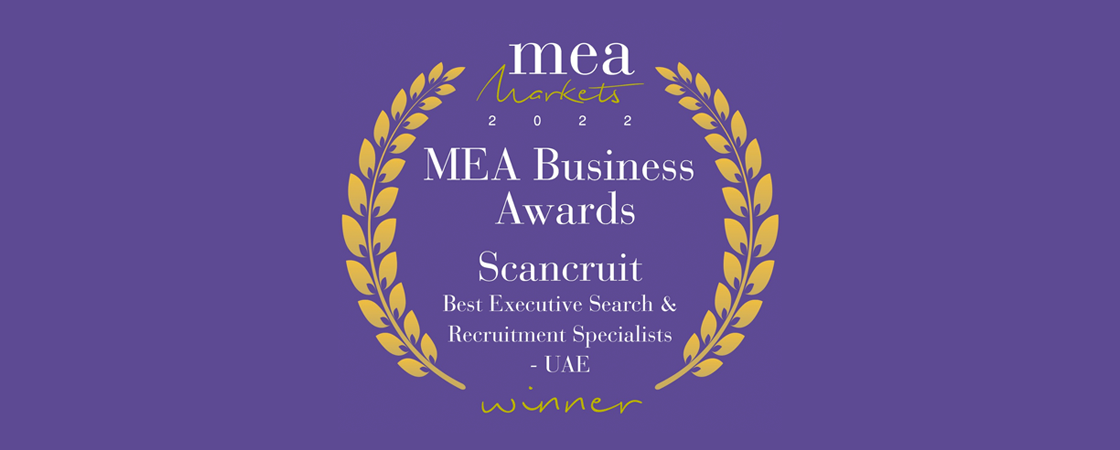How do I prepare for a telephone interview? What will the recruitment company or hiring manager ask me? These are perhaps some of the questions that will come to your mind when you get invited for a telephone interview. In many cases, the telephone interview can be a make or break. Whether you continue in the recruitment process for a particular job. Therefore, we have put down a few facts about the rising popularity of telephone interviews. As well as common questions and tips on the topic.
The advantages of telephone interviews
There is rising popularity of telephone interviews, and there is a good reason why. Finding the right talent for a job is difficult for a recruitment agency or a hiring manager. A recruitment company or a hiring manager uses telephone interviews to save costs and to save more time when looking for candidates. It is a tool for screening talents for employment and checking whether the candidate has the right skills and experiences to continue in the recruitment process. It is also a way to make sure that the candidate’s expectations are aligned with the company.
These types of interviews also come with disadvantages. Especially because the telephone interviews work more as a “checklist” for the recruitment agency. Which often makes the interviews more advantageous for the recruitment company than the potential candidates. A telephone interview is very impersonal, and you will not be able to rely on your body language. Therefore, it is a must to be prepared for the interview questions and practice how to make the best impression.
Common telephone interview questions
As mentioned, a telephone interview is like a screening session and is the first step to placing a face-to-face interview. It is simply a way for the recruitment agency or the hiring manager to learn more about the candidate. It is also a way for the candidate to learn more about the company and the position available.
You will most likely be asked about your work experiences, your education history, as well as your expected salary and expectations for your next job. You will perhaps also be asked questions about your personality, your skillset, and your greatest strengths. Make sure to prepare a short pitch about yourself. If you have the time, you can read more about the position and the company. To make sure that your skills are aligned with the requirements.
How to make the best impression
When it comes to telephone interviews you rarely have a second chance to make a first impression. Besides being professional, calm, and collected, the best approach is to be prepared to answer all questions the recruitment company or hiring manager might have.
One of the best ways to rise above your competition in a telephone interview is to show that you have researched the position and the company and match your qualifications with the requirements. Make sure to demonstrate your work experiences and skills in a way that demonstrates your strengths as a candidate.
In addition to your pitch about your qualifications, it also pays off to ask the interviewer some questions about the position and company. Asking informed and interesting questions during the telephone interview can declare your commitment to pursuing the opportunity and assure you that this position is right for you.








